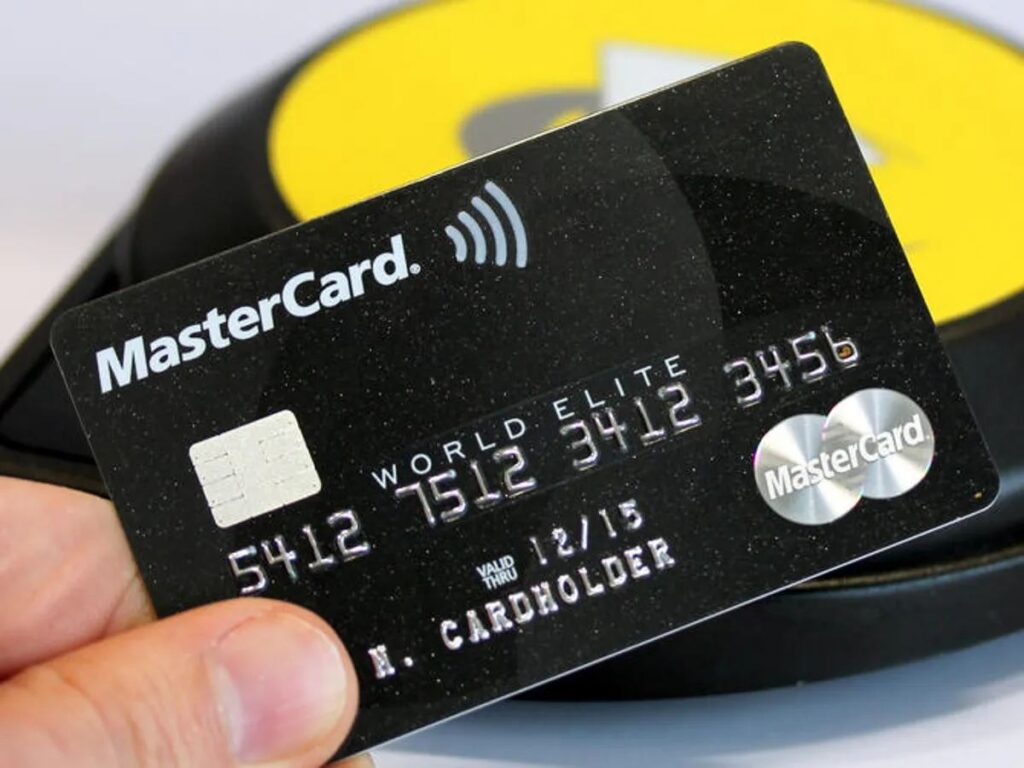Mastercard is taking significant strides to drive innovation in the development of Central Bank Digital Currencies (CBDCs). The global payment giant announced on August 17 that it is forming an extensive partnership program with seven leading blockchain and payment technology companies.
A Focus on Key CBDC Aspects
While Mastercard hasn’t released specific details about the program, it is clearly focused on some of the most discussed aspects of CBDC development, including security, privacy, interoperability, and private-sector involvement. According to Raj Dhamodharan, Mastercard’s Head of Digital Assets and Blockchain:
*”As the digital future unfolds, ensuring that CBDCs are as user-friendly as traditional money forms is pivotal.”*
Diverse and Experienced Partnerships
One of the standout partners in Mastercard’s program is Ripple, a blockchain-based digital payment protocol company, which has recently launched a dedicated platform aimed at facilitating CBDCs. Joining Ripple in the partnership is software giant ConsenSys, known for its extensive work on several key CBDC projects around the world.
Emerging Players in CBDC Technology
Fluency, a provider of tokenized asset solutions that is currently engaged in 23 CBDC projects, will also play a key role in the collaboration. They are accompanied by Giesecke+Devrient, which has previously collaborated with the central banks of Ghana and Thailand on their own CBDC initiatives.
Innovators in Offline Payment Solutions
Other significant players in the partnership include Idemia, a company that specializes in offline payments and has been involved in a Japanese CBDC project, as well as Consult Hyperion, which has experience working with central banks to develop offline payment solutions. The team is completed by institutional custody platform Fireblocks.
Mastercard’s Evolving Position in the Crypto Space
Mastercard, which has been a consistent player in the cryptocurrency space for several years, seems to be refocusing its efforts. Despite a recent pullback from direct cryptocurrency engagement, the company has demonstrated steadfast support for CBDCs. Past involvements include CBDC-related projects with the Bank for International Settlements and the New York Federal Reserve Bank, among others.
As 93% of central banks are actively exploring the potential of CBDCs, Mastercard’s partnership initiative appears to be a timely and strategic move to position itself at the forefront of this evolving landscape.












